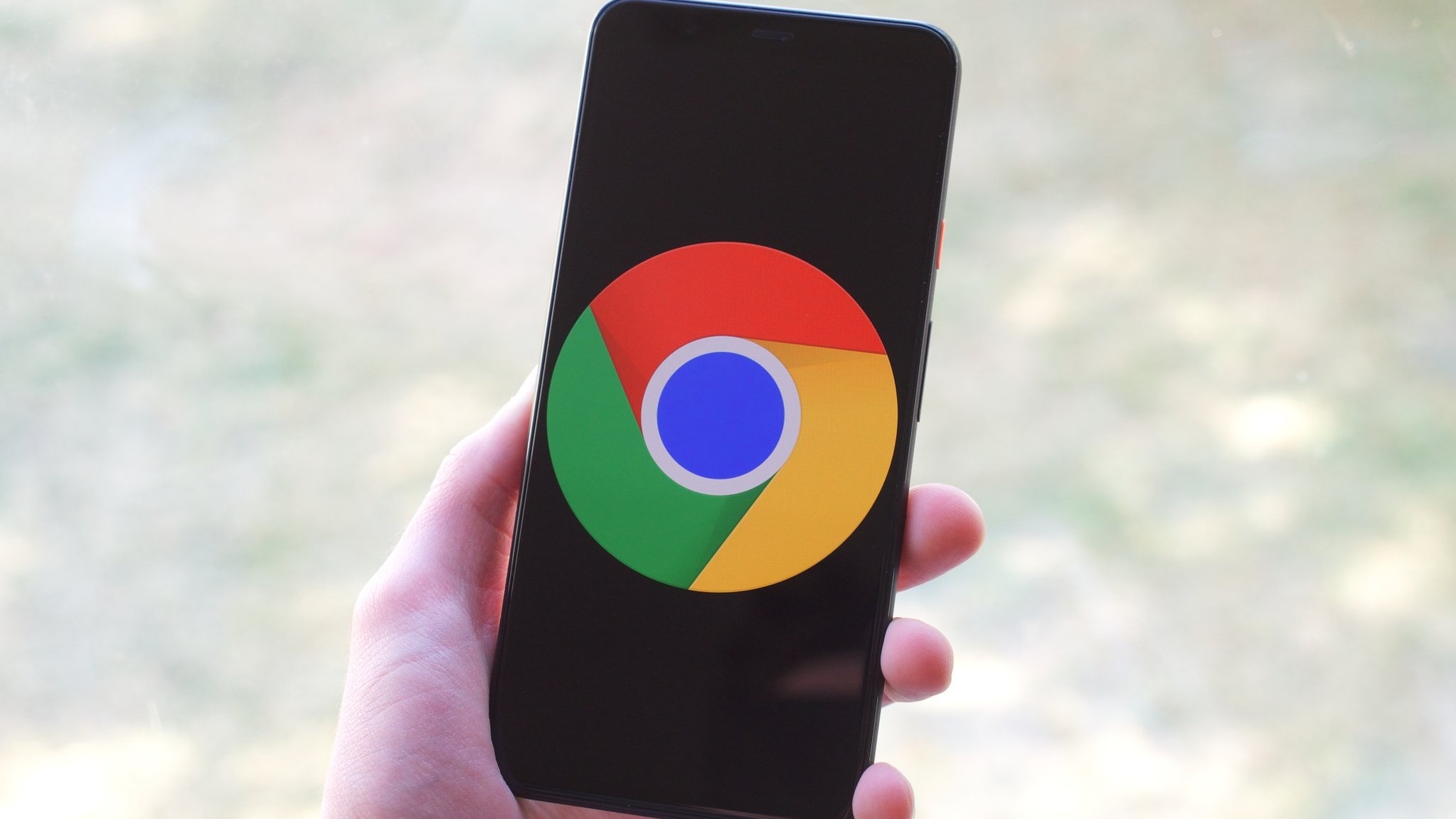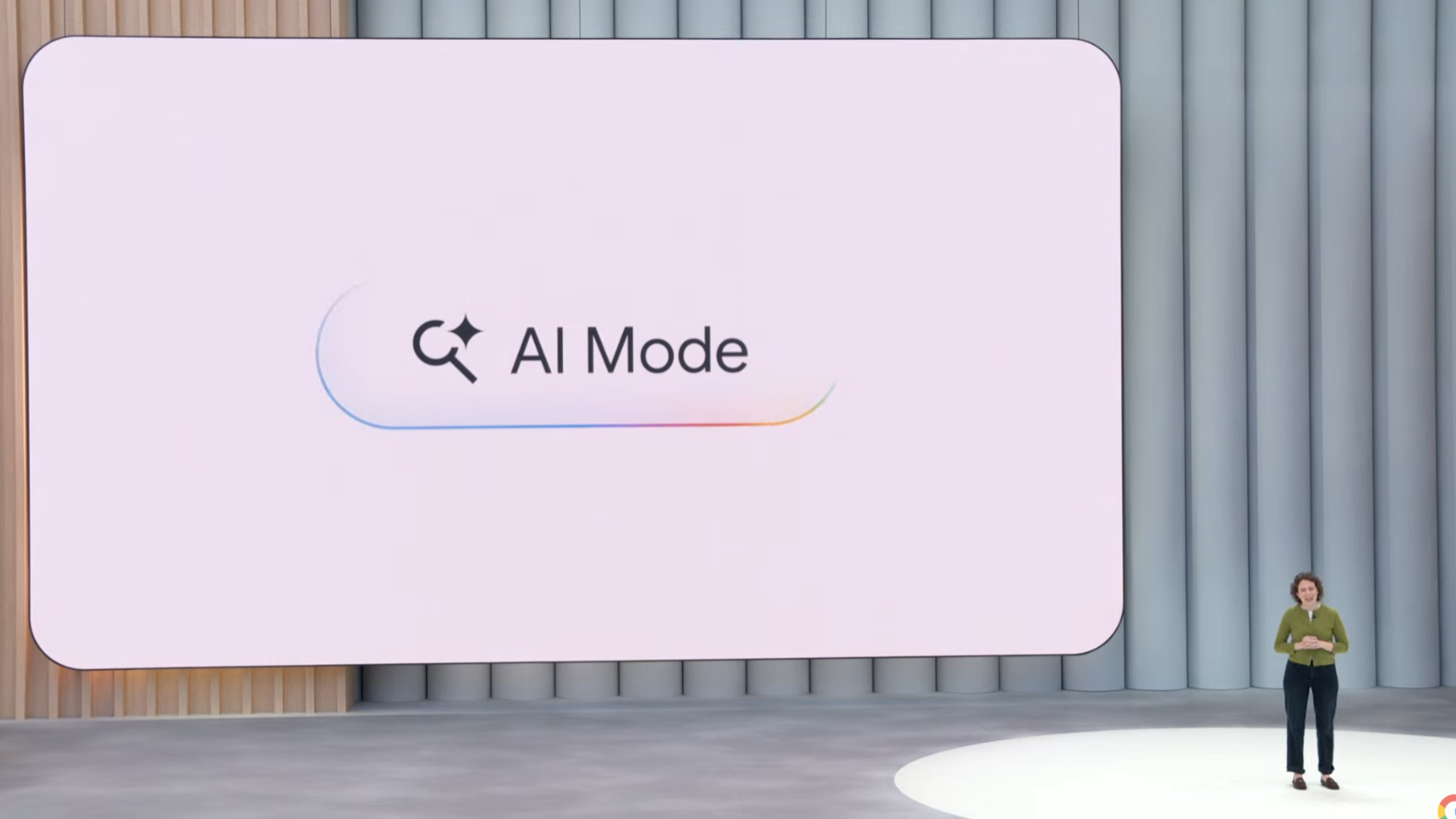Get the latest tech news
Slightly better named character reference tokenization than Chrome, Safari, FF
Stumbling into a (slightly) better HTML named character reference tokenization implementation
Note: I'm singling out these metrics because, in the python script that generates the data structures used for named character reference tokenization in Blink (the browser engine of Chrome/Chromium), it contains this docstring (emphasis mine): This is the first time I've come face-to-face with the problem and had to reckon with its effects, and I think a large part of that is because I'm dealing with a much larger codebase than I typically would when benchmarking, so there's a lot of room for inadvertent layout changes to cascade and cause noticeable performance differences. Elephant mitigation 🔗 Unfortunately, the solution presented in the talk ( Stabilizer, which allows you to constantly randomize a binary's layout during runtime to control for layout-based performance differences) has bitrotted and only works with an ancient version of LLVM.
Or read this on Hacker News

